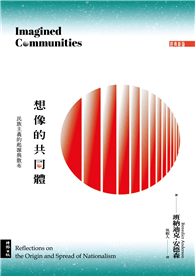In the Beauty of the Lilies begins in 1910 and traces God’s relation to four generations of American seekers, beginning with Clarence Wilmot, a clergyman in Paterson, New Jersey. He loses his faith but finds solace at the movies, respite from “the bleak facts of life, his life, gutted by God’s withdrawal.” His son, Teddy, becomes a mailman who retreats from American exceptionalism, religious and otherwise, into a life of studied ordinariness. Teddy has a daughter, Esther, who becomes a movie star, an object of worship, an All-American goddess. Her neglected son, Clark, is possessed of a native Christian fervor that brings the story full circle: in the late 1980s he joins a Colorado sect called the Temple, a handful of “God’s elect” hastening the day of reckoning. In following the Wilmots’ collective search for transcendence, John Updike pulls one wandering thread from the tapestry of the American Century and writes perhaps the greatest of his later novels.











